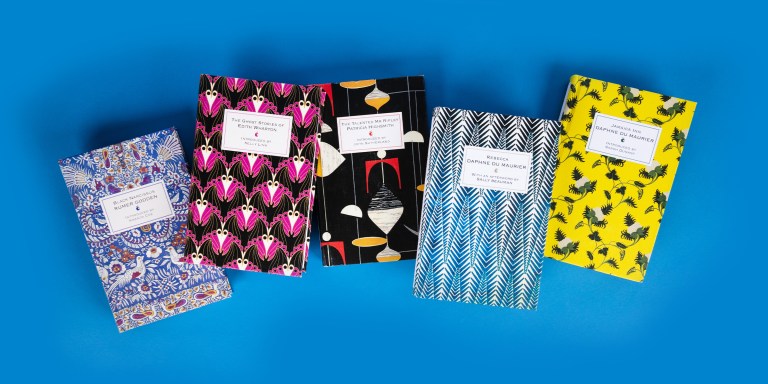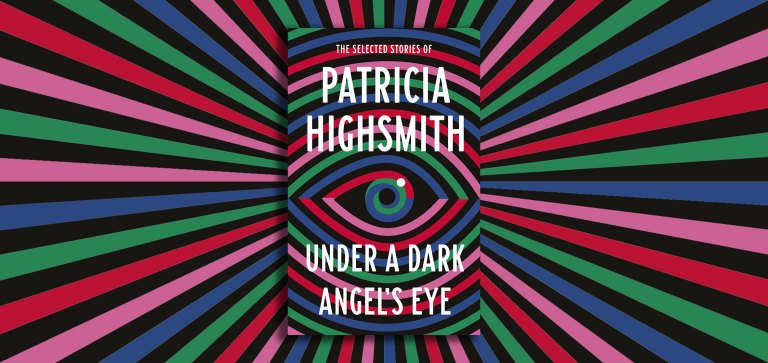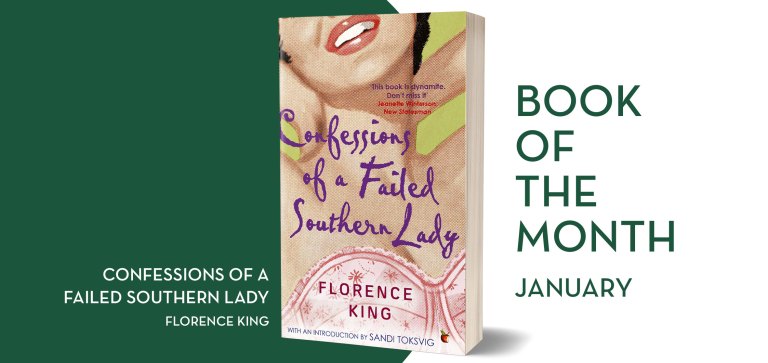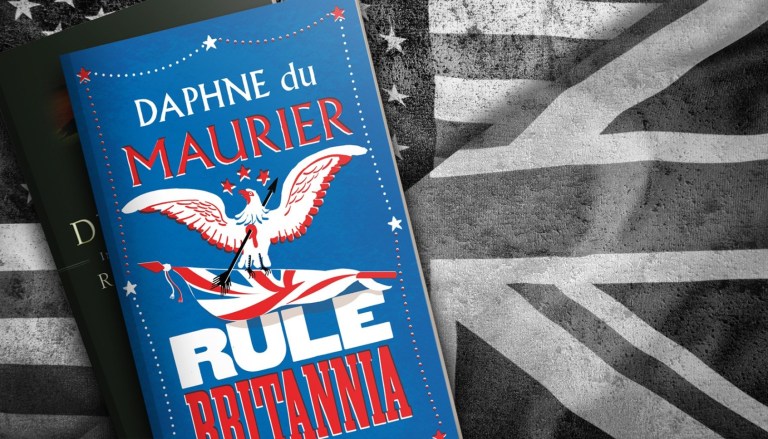Start reading . . . Strangers on a Train
Read an extract from Patricia Highsmith’s iconic crime novel, Strangers on a Train.

The train tore along with an angry, irregular rhythm. It was having to stop at smaller and more frequent stations, where it would wait impatiently for a moment, then attack the prairie again. But progress was imperceptible. The prairie only undulated, like a vast, pink-tan blanket being casually shaken. The faster the train went, the more buoyant and taunting the undulations.
Guy took his eyes from the window and hitched himself back against the seat.
Miriam would delay the divorce at best, he thought. She might not even want a divorce, only money. Would there really ever be a divorce from her?
Hate had begun to paralyse his thinking, he realized, to make little blind alleys of the roads that logic had pointed out to him in New York. He could sense Miriam ahead of him, not much farther now, pink and tan-freckled, and radiating a kind of unhealthful heat, like the prairie out the window. Sullen and cruel.
Automatically, he reached for a cigarette, remembered for the tenth time that he couldn’t smoke in the Pullman car, then took one anyway. He tapped it twice on the face of his wristwatch, read the time, 5.12, as if it meant anything today, and fitted the cigarette into the corner of his mouth before he brought the cupped match up. The cigarette replaced the match inside his hand, and he smoked in slow, steady pulls. Again and again his brown eyes dropped to the stubborn, fascinating ground out the window. A tab of his soft shirt collar began to ride up. In the reflection the dusk had started to create in the window’s glass, the peak of white collar along his jaw suggested a style of the last century, like his black hair that grew high and loose on top and lay close in back. The rise of hair and the slope of his long nose gave him a look of intense purpose and somehow of forward motion, though from the front, his heavy, horizontal brows and mouth imposed a stillness and reserve. He wore flannel trousers that needed pressing, a dark jacket that slacked over his slight body and showed faintly purple where the light struck it, and a tomato-coloured woollen tie, carelessly knotted.
He did not think Miriam would be having a child unless she wanted it. Which should mean the lover intended to marry her. But why had she sent for him? She didn’t need him to get a divorce. And why did he go over the same dull ground he had four days ago when he had got her letter? The five or six lines in Miriam’s round handwriting had said only that she was going to have a child and wanted to see him. That she was pregnant guaranteed the divorce, he reasoned, so why was he nervous? A suspicion that he might, in some unreachable depth of himself, be jealous because she was going to bear another man’s child and had once aborted his own tormented him above all. No, it was nothing but shame that nettled him, he told himself, shame that he had once loved such a person as Miriam. He mashed his cigarette on the heater’s grilled cover. The stub rolled out at his feet, and he kicked it back under the heater.
There was so much to look forward to now. His divorce, the work in Florida – it was practically certain the board would pass on his drawings, and he would learn this week – and Anne. He and Anne could begin to plan now. For over a year he had been waiting, fretting, for something – this – to happen so he would be free. He felt a pleasant explosion of happiness inside him, and relaxed in the corner of the plush seat. For the last three years, really, he had been waiting for this to happen. He could have bought a divorce, of course, but he hadn’t ever amassed that much spare money. Starting a career as an architect, without benefit of a job with a firm, had not been easy and still wasn’t. Miriam had never asked for an income, but she plagued him in other ways, by talking of him in Metcalf as if they were still on the best of terms, as if he were up in New York only to establish himself and eventually send for her. Occasionally she wrote him for money, small but irritating amounts which he let her have because it would be so easy for her, so natural to her, to start a campaign in Metcalf against him, and his mother was in Metcalf.
A tall blond young man in a rust-brown suit dropped into the empty seat opposite Guy and, smiling with a vague friendliness, slid over into the corner. Guy glanced at his pallid, undersized face. There was a huge pimple in the exact centre of his forehead. Guy looked out the window again.
The young man opposite him seemed to debate whether to start a conversation or take a nap. His elbow kept sliding along the window-sill, and whenever the stubby lashes came open, the grey bloodshot eyes were looking at him and the soft smile came back. He might have been slightly drunk.
Guy opened his book, but his mind wandered after half a page. He looked up as the row of white fluorescent lights flickered on down the ceiling of the car, let his eyes wander to the unlighted cigar that still gyrated conversationally in a bony hand behind one of the seat backs, and to the monogram that trembled on a thin gold chain across the tie of the young man opposite him. The monogram was CAB, and the tie was of green silk, hand-painted with offensively orange-coloured palm trees. The long rust-brown body was sprawled vulnerably now, the head thrown back so that the big pimple or boil on the forehead might have been a topmost point that had erupted. It was an interesting face, though Guy did not know why. It looked neither young nor old, neither intelligent nor entirely stupid. Between the narrow bulging forehead and the lantern jaw, it scooped degenerately, deep where the mouth lay in a fine line, deepest in the blue hollows that held the small scallops of the lids. The skin was smooth as a girl’s, even waxenly clear, as if all its impurities had been drained to feed the pimple’s outburst.
For a few moments, Guy read again. The words made sense to him and began to lift his anxiety. But what good will Plato do you with Miriam, an inner voice asked him. It had asked him that in New York, but he had brought the book anyway, an old text from a high school philosophy course, an indulgence to compensate him, perhaps, for having to make the trip to Miriam. He looked out the window and, seeing his own image, straightened his curling collar. Anne was always doing that for him. Suddenly he felt helpless without her. He shifted his position, accidentally touched the outstretched foot of the young man asleep, and watched fascinatedly as the lashes twitched and came open. The bloodshot eyes might have been focused on him all the while through the lids.
‘Sorry,’ Guy murmured.
‘’S all right,’ the other said. He sat up and shook his head sharply. ‘Where are we?’
‘Getting into Texas.’
The blond young man brought a gold flask from his inside pocket, opened it, and extended it amiably.
‘No, thanks,’ Guy said. The woman across the aisle, Guy noticed, who had not looked up from her knitting since St Louis, glanced over just as the flask upended with a metallic splash.
‘Where you bound?’ The smile was a thin wet crescent now.
‘Metcalf,’ Guy said.
‘Oh. Nice town, Metcalf. Down on business?’ He blinked his sore-looking eyes politely.
‘Yes.’
‘What business?’
Guy looked up reluctantly from his book. ‘Architect.’
‘Oh,’ with wistful interest. ‘Build houses and things?’
‘Yes.’
‘I don’t think I’ve introduced myself.’ He half stood up. ‘Bruno. Charles Anthony Bruno.’
Guy shook his hand briefly. ‘Guy Haines.’
‘Glad to meet you. You live in New York?’ The hoarse baritone voice sounded false, as if he were talking to wake himself up.
‘Yes.’
‘I live in Long Island. Going to Santa Fe for a little vacation. Ever been to Santa Fe?’
Guy shook his head.
‘Great town to relax in.’ He smiled, showing poor teeth. ‘Mostly Indian architecture there, I guess.
A conductor stopped in the aisle, thumbing through tickets.
‘That your seat?’ he asked Bruno.
Bruno leaned possessively into his corner. ‘Drawing-room next car.’
‘Number Three?’
‘I guess. Yeah.’
The conductor went on.
‘Those guys!’ Bruno murmured. He leaned forward and gazed out the window amusedly.
Guy went back to his book, but the other’s obtrusive boredom, a feeling he was about to say something in another instant, kept him from concentrating. Guy contemplated going to the diner, but for some reason sat on. The train was slowing again. When Bruno looked as if he were going to speak, Guy got up, retreated into the next car, and leapt the steps to the crunchy ground before the train had quite stopped.
The new Virago Modern Classics edition of Strangers on a Train, by Patricia Highsmith, is out now in hardback.







